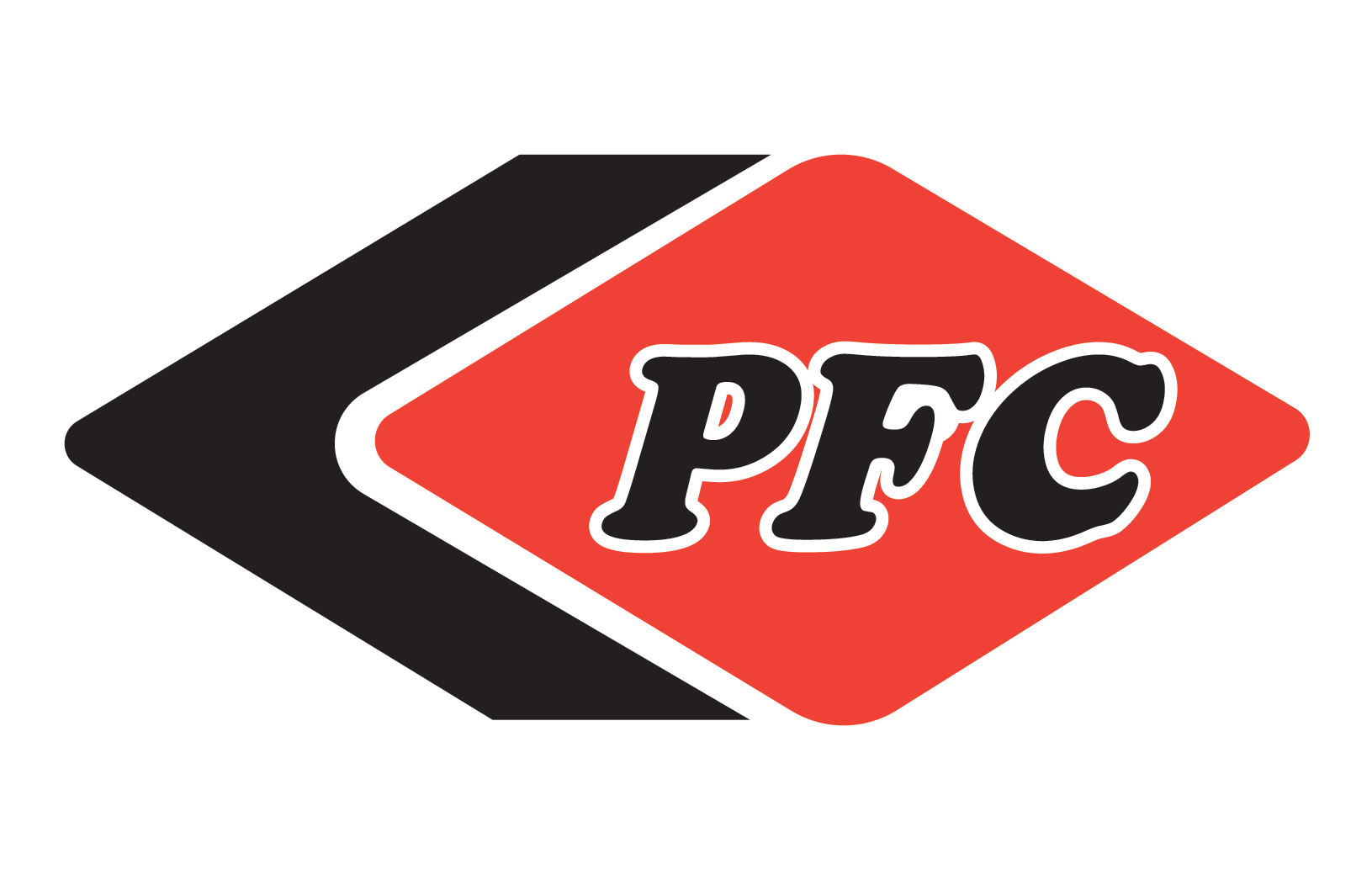What is CUSMA? 🇨🇦🇺🇸🇲🇽
The Canada-United States-Mexico Agreement (CUSMA) is a free trade agreement between Canada, the United States, and Mexico that replaced the North American Free Trade Agreement (NAFTA) on July 1, 2020.
CUSMA maintains the key aspects of the trading relationship between Canada, United States, and Mexico while incorporating new provisions to address current trade challenges and continuing to promote opportunities for North Americans.
Below we provide more information on the changes and what you need to know as an importer or exporter to transition from NAFTA to CUSMA. The introduction of CUSMA will require several changes for Canadian businesses seeking duty relief on their imported and exported goods. For instance, you will need a new CUSMA Certificate of Origin. For your convenience, we have already created a template. Please contact us if you need assistance completing it
What Does CUSMA Mean for Canadian Importers?
On July 1, 2020, CUSMA completely replaced NAFTA. As a result, NAFTA rules and Certificates of Origin no longer apply and Canadian importers and exporters must begin claiming duty relief under CUSMA origin and certification rules.
Canada Border Services Agency (CBSA) has created a website specific for CUSMA, providing access to information and resources when importing CUSMA-eligible goods into Canada.
How to Apply for CUSMA Benefits
NAFTA Certificates of Origin became void (and non-transferable) as soon as CUSMA took effect. Therefore, we strongly recommend importers and exporters take measures as soon as possible to transition to CUSMA, detailed below.
1. Pre-Qualifying your Goods under CUSMA
Specific rules of origin and other requirements have changed, and some sectors have been affected more than others (e.g. automobiles, dairy, agriculture, etc.). You should begin reviewing your imported and exported goods under CUSMA’s Rules of Origin to ensure they still qualify for duty free status
2. Preparing for New Certificates of Origin
Unlike NAFTA, there is no prescribed format or form template for the CUSMA Certificate of Origin. Certificates must, however, contain a set of minimum data elements used to indicate that the product qualifies as originating.
Minimum data elements are detailed in Annex 5-A of Chapter 5 – Origin Procedures of the agreement and include the following:
- Importer, Exporter, or Producer Certificate of Origin
- Certifier name and contact information
- Exporter name and contact information
- Producer(s) name and contact information
- Importer name and contact information
- Description and HS Tariff classification of the good
- Origin criteria under which the good qualifies
- Blanket period for multiple shipments of identical goods
- Authorized signature and date
An importer, exporter, or producer may complete the Certificate of Origin if they have:
- Information and supporting documentation that validate the good is originating; or
- Reasonable reliance on the actual producer/manufacturer’s written representation, such as in a Certificate of Origin, for each product.
The Certificate of Origin may be provided on an invoice or other document. It must describe the originating product with enough detail to enable clear identification, such as a product, part, model, or serial number. A general or generic description will not be accepted.
For your convenience, we have created a downloadable CUSMA Certificate of Origin template (PDF)
3. Obtaining Blanket Certificates
To ensure duty-free status is uninterrupted during the transition, ensure we receive your Blanket CUSMA Certificates of Origin. You may also instruct your vendor to provide them at the time of release.
Please forward all Blanket Certificates to import@pfcollins.com
4. Maintaining Records
While NAFTA rules and regulations no longer apply, you are still required under the Customs Act to maintain records related to your imported/exported goods for a period of six (6) years. Therefore, NAFTA Certificate of Origins and supporting documentation must be kept for any goods for which you have claimed NAFTA preferential treatment.
In addition, to claim duty-free status under CUSMA, you must retain Certificates of Origin and supporting documentation for five (5) years.
Canada’s Free Trade Agreements
Canada currently has 15 trade agreements in force with over 40 countries around the world, and more in varying stages of negotiation. In 2019, Statistics Canada reports that the 14 Free Trade Agreements currently in force represents over 85% of Canada’s imports and exports. We provide more information and a list of Canada’s current free trade agreements and sanctions in the following article
We’re Here to Help!
We can help you navigate Canada’s Free Trade Agreements and assist in preparing your documents. In addition to our customs clearance services, we offer international freight forwarding to help get your shipment moving!







